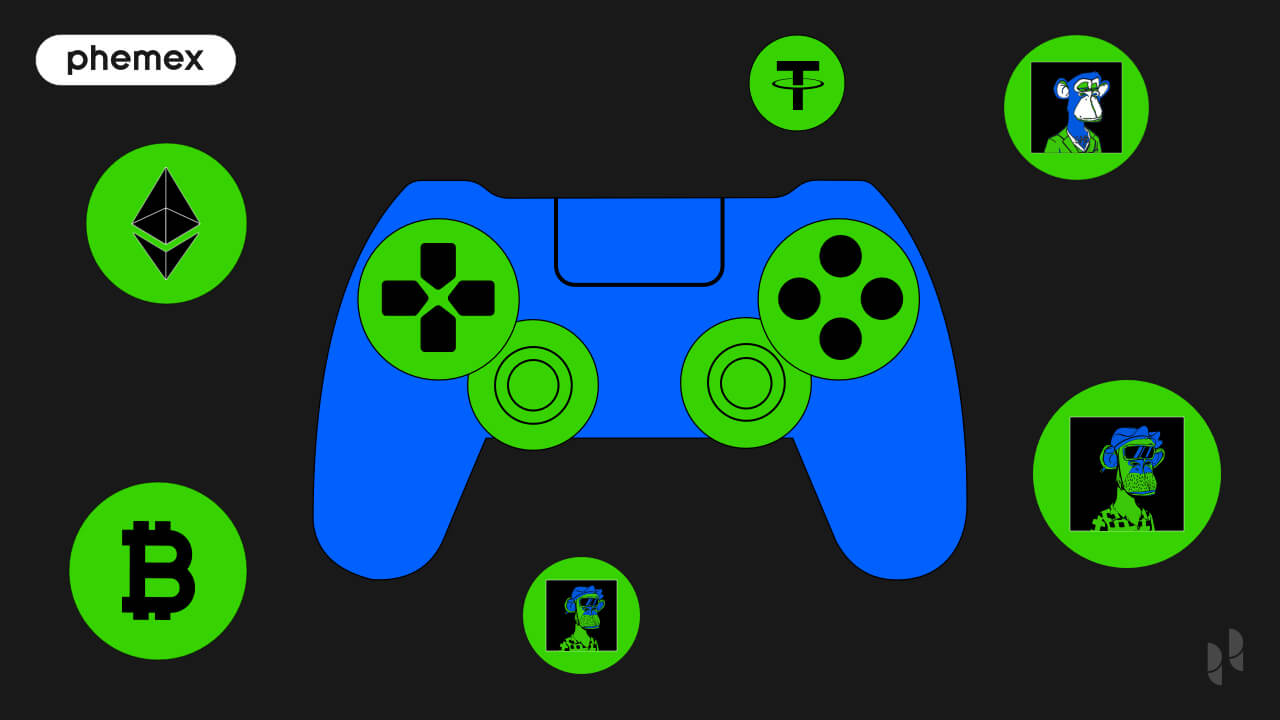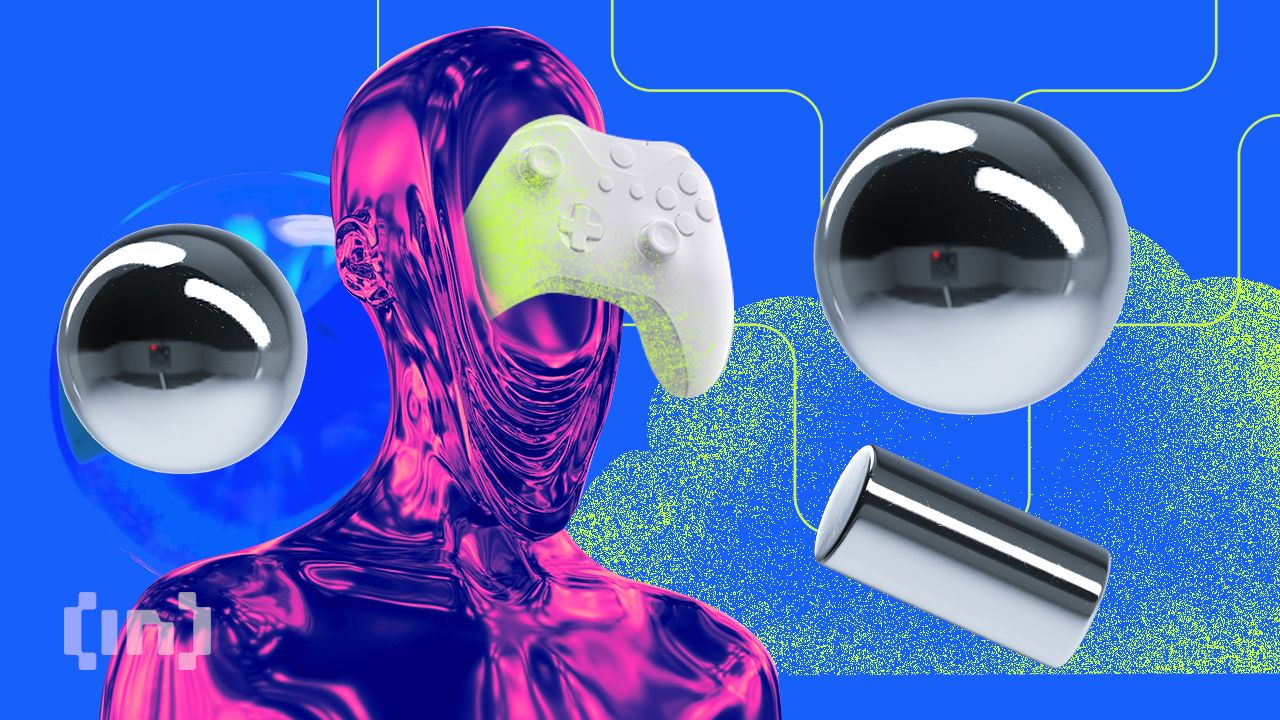Key Takeaways:
- Nintendo Switch 2 users risk bans from used game cartridges linked to piracy.
- MIG cartridge use can cause consoles to be flagged and bricked.
- Nintendo support can reverse bans, but resale market trust is eroding.
Nintendo has intensified its anti-piracy campaign with the upcoming Switch 2 — but in doing so, legitimate secondhand game buyers are being mistakenly penalized. Reports from players banned after inserting used cartridges are raising serious concerns about the safety of the resale market.
One user on Reddit, u/dmanthey, was banned from Nintendo’s online services after playing a secondhand game that was previously dumped by the original owner. Although customer support eventually reversed the ban, it highlights the growing risks of buying pre-owned Switch titles.
Also read: Amazon Prime Day Slashes Viture Pro XR Glasses to $314 — Best Deal Yet on Wearable Display Tech
Used Cartridges Can Trigger Console Bans
Nintendo’s aggressive piracy detection system flags duplicate game IDs — a sign that a game has been copied using MIG cartridges. MIGs, while sometimes used for legitimate game backups, are also widely associated with piracy. If a dumped game is detected on more than one device, a ban may be issued automatically.
This was the case for u/dmanthey, who unknowingly bought a cartridge from a seller that had likely copied the game before selling it. Once inserted into their console, the game triggered a ban that locked access to the eShop and all downloadable content.
Secondhand Market Now a Gamble for Switch Users
The Switch 2’s tighter security measures are now casting a shadow over the resale market. Players have reported bans even after borrowing games from libraries, as in the case of u/ifyshipsirl, suggesting that even seemingly legitimate sources can pose a risk if the cartridge was copied.
Although Nintendo support has shown a willingness to reverse wrongful bans, the burden remains on the player to provide proof — such as marketplace listings — to appeal.
Brazil Pushes Back on Nintendo’s Remote Console Control
Adding to the controversy, Brazil has challenged Nintendo’s power to remotely brick consoles. The debate centers on consumer rights, questioning whether a company should be allowed to disable hardware based on suspected piracy — especially when false positives impact paying customers.
Conclusion:
While Nintendo’s war on piracy is justified, the Switch 2’s detection methods risk alienating honest players. Until a more refined solution is implemented, buying secondhand games now carries a new layer of risk.
Disclaimer: The information in this article is for general purposes only and does not constitute financial advice. The author’s views are personal and may not reflect the views of GameDegen.com. Before making any investment decisions, you should always conduct your own research. GameDegen.com is not responsible for any financial losses.




